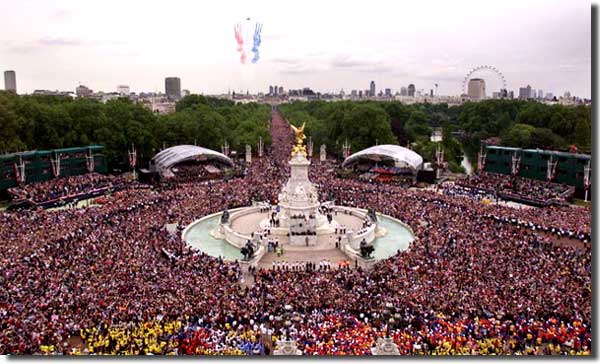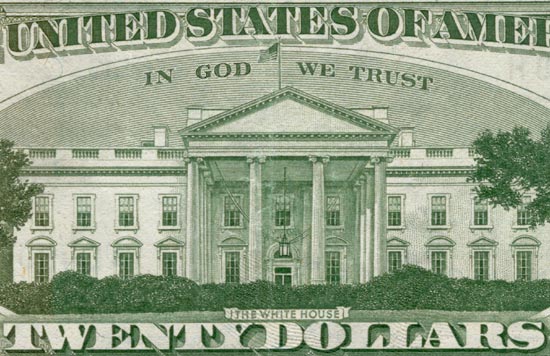Listening to the broadcast about the Roman Republic shows how Rome came to be. It all started with the Monarchy that had a tight hold on the freedom of all Romans, even aristocrats. I feel that the aristocrats in Rome really did not like having a monarchy anyway because they kicked out all leading family for the crime of one son. The people did not want one ruler, they wanted freedom and the rule to be distributed evenly, hence the Roman Republic. Under the Roman Republic came the great Roman Empire. Romans are very patriotic so with the power distributed evenly the people felt safe knowing that the officials in charge were watching out for them. They liked telling stories of great Roman heroes and conquests; the noblest way to die was for Rome in battle.
The Roman constitution was very helpful in so many times when it should have fallen. The Roman army or military was very well developed which is what helped them make their empire so large. The constitution is what helped make the military so strong. The military’s strong point was that the fighters were very patriotic and wanted to fight so badly for Rome. The rules of the republic gave the people the choice to go to war or not. All male citizens can be sent to war, but they were mostly motivated to go. The bigger the empire of Rome got, the bigger its military power.
Although the Republic did not equal complete freedom, it was the most freedom they had in that period of history.
Although all of the foreign countries that joined the Republic were taken over by Rome, becoming a Roman citizen seemed like a good thing to do. In the BBC interview, the woman even said that some countries wanted to gain Roman citizenship but did not want to just ask for it but would go to war so it would seem like it was forced on them.
As Rome spread and when things go through changes it is the norm for an adaption to be made, or reasons for the changes to be given. The high officials in Rome would always give an example in history where change has happened.
I liked that although Rome gained a lot of power from its military there was almost no weaponry allowed in the city of Rome. It reminds me of the phrase, “you don’t poop were you eat”.
Things started change between Pompey and Julius Caesar. Things changed because of people having too much power. The early Romans who created the republic were wise and knew that’s what would bring the fall of Rome. Since Rome was getting so big and taking on more people the armies were big and would be gone for a long time. The big armies needed big people in charge. The big armies would not have time to get back to Rome to vote so they generals got into politics also.


_-_n._23185_-_Socrate_(Collezione_Farnese)_-_Museo_Nazionale_di_Napoli.jpg)








